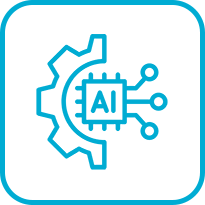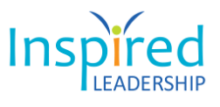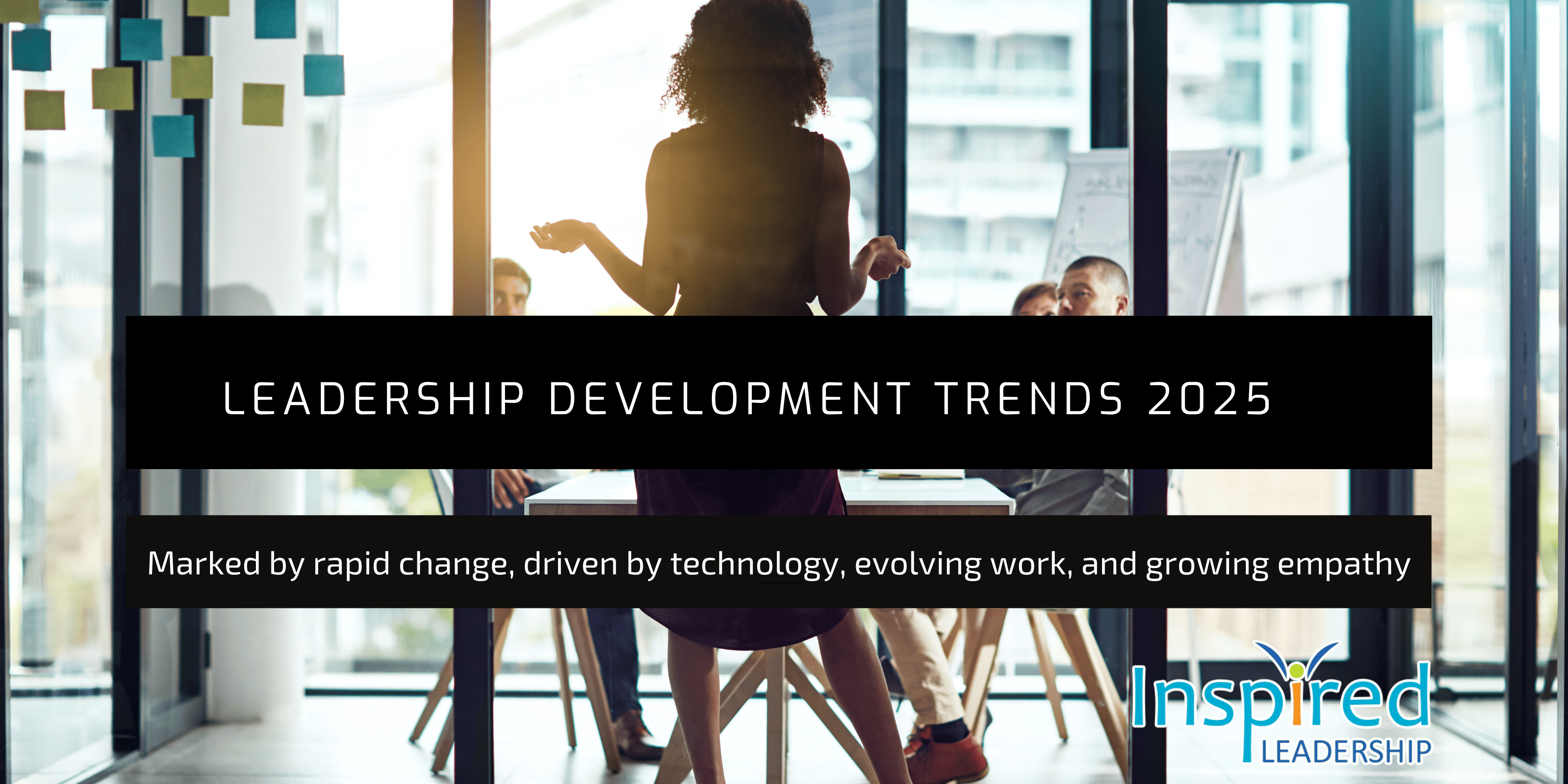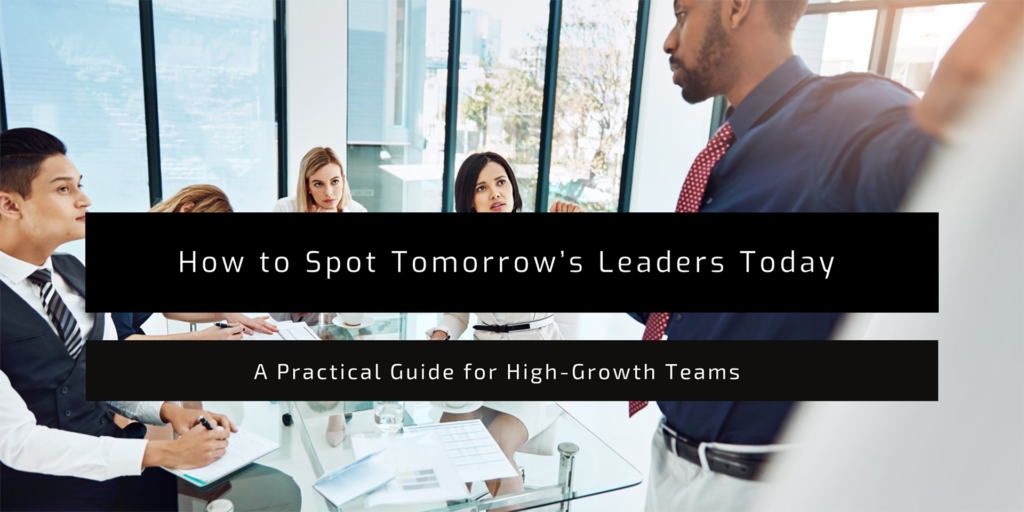The world of leadership development in 2025 is characterised by rapid transformation, fueled by technological advancements, shifting workplace dynamics, and a growing emphasis on empathy and inclusion. Leaders are called to adapt, innovate, and redefine their approaches to remain effective in this evolving landscape. Here are the key trends shaping leadership development in 2025
1. Embracing AI Integration
Leaders today are increasingly expected to understand and integrate artificial intelligence (AI) into their operations. AI is no longer just a tool for automation but a strategic asset that can enhance decision-making, streamline processes, and boost team performance. Leadership development programs now prioritise training on AI literacy, enabling leaders to harness its potential while navigating its ethical implications and limitations.

2. Fostering Empathy and Inclusion

Empathy and inclusion have emerged as cornerstones of modern leadership. As teams become more diverse and multigenerational, leaders must create environments where every team member feels valued and empowered. This requires inclusive policies and emotional intelligence to understand and address individual needs and foster a culture of belonging and respect.
3. Navigating Hybrid Work Environments
The hybrid work model, blending remote and in-office work, is here to stay. Leaders must now master the art of managing distributed teams. Clear communication, trust-building, and fostering engagement are critical skills for ensuring that hybrid teams remain cohesive and productive. Leadership development initiatives focus on equipping leaders with tools and strategies to thrive in this new paradigm.

4. Promoting Continuous Learning

In an era of constant change, a culture of continuous learning is essential. Leaders must stay ahead of industry trends and developments while encouraging their teams to do the same. Tailored learning opportunities and access to personalised development resources have become integral to leadership programs, ensuring that leaders are always prepared to tackle new challenges.
5. Prioritising Well-being and Support
Leadership roles can be demanding and stressful, making well-being a critical focus. Organisations are investing in coaching and peer support networks to help leaders manage stress, reflect on their experiences, and grow both personally and professionally. By prioritising well-being, leaders are better equipped to inspire and support their teams effectively.

6. Championing Diversity, Equity, and Inclusion (DEI)

Advancing DEI initiatives is no longer optional but essential for effective leadership. Leaders are expected to drive equitable opportunities, advocate for marginalised groups, and foster inclusive workplace cultures. These efforts not only enhance team morale but also position organisations as attractive employers in a competitive talent market.
7. Developing Agile Leadership
Agility is a defining trait of successful leaders in 2025. The ability to pivot quickly, embrace change, and lead teams through uncertainty is paramount. Leadership programs now emphasise building resilience, encouraging innovation, and maintaining flexibility in the face of evolving circumstances

The Future of Leadership Development
As we move further into 2025, these trends underscore the multifaceted demands of leadership. From mastering AI and hybrid work to fostering inclusion and prioritising well-being, leaders must navigate a complex, ever-changing landscape. By embracing these trends, organisations can cultivate leaders who are not only effective but also visionary, resilient, and empathetic—qualities that will define the future of successful leadership.




